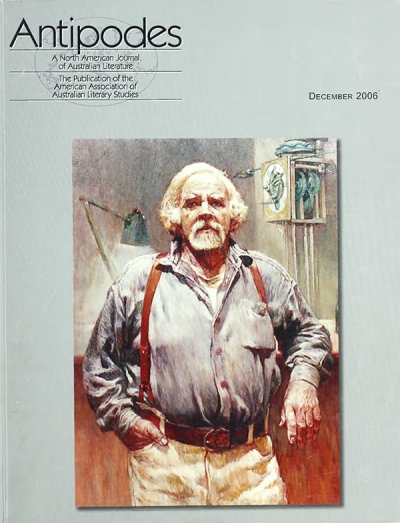This is a thoughtful and timely issue of Australian Literary Studies (ALS), one of Australia’s most substantial scholarly journals. It brings together scholars from institutions across Australia, India, and New Zealand to reflect on the state of the discipline of English in the context of a number of recent upheavals, including those directly relating to print media, including literature, which many would consider the traditional focus and matter of English. It also includes shifts in cultural literacy in the Internet age: changes in the nature of reading and the places and ways readers read; changes in school curricula; changes in the higher education sector – in response partly to changes in literacy and school education and to a rise in vocational training at both levels; to the rise of the corporate university; and to developments over the past several decades that we might think of as internal to the discipline: the critiques of syllabi and reading practices focused on canonical texts; the rise of theory; of post-colonial and feminist and minority discourse approaches; of interdisciplinary reading, and so on. The contributors to this volume address these questions in terms of debates around ‘the public humanities’: that is, defences of the traditional humanities by scholars from literary studies along with philosophers and historians in the face of attacks from the political and corporate world about the ‘relevance’ of these fields of inquiry.
...
(read more)


